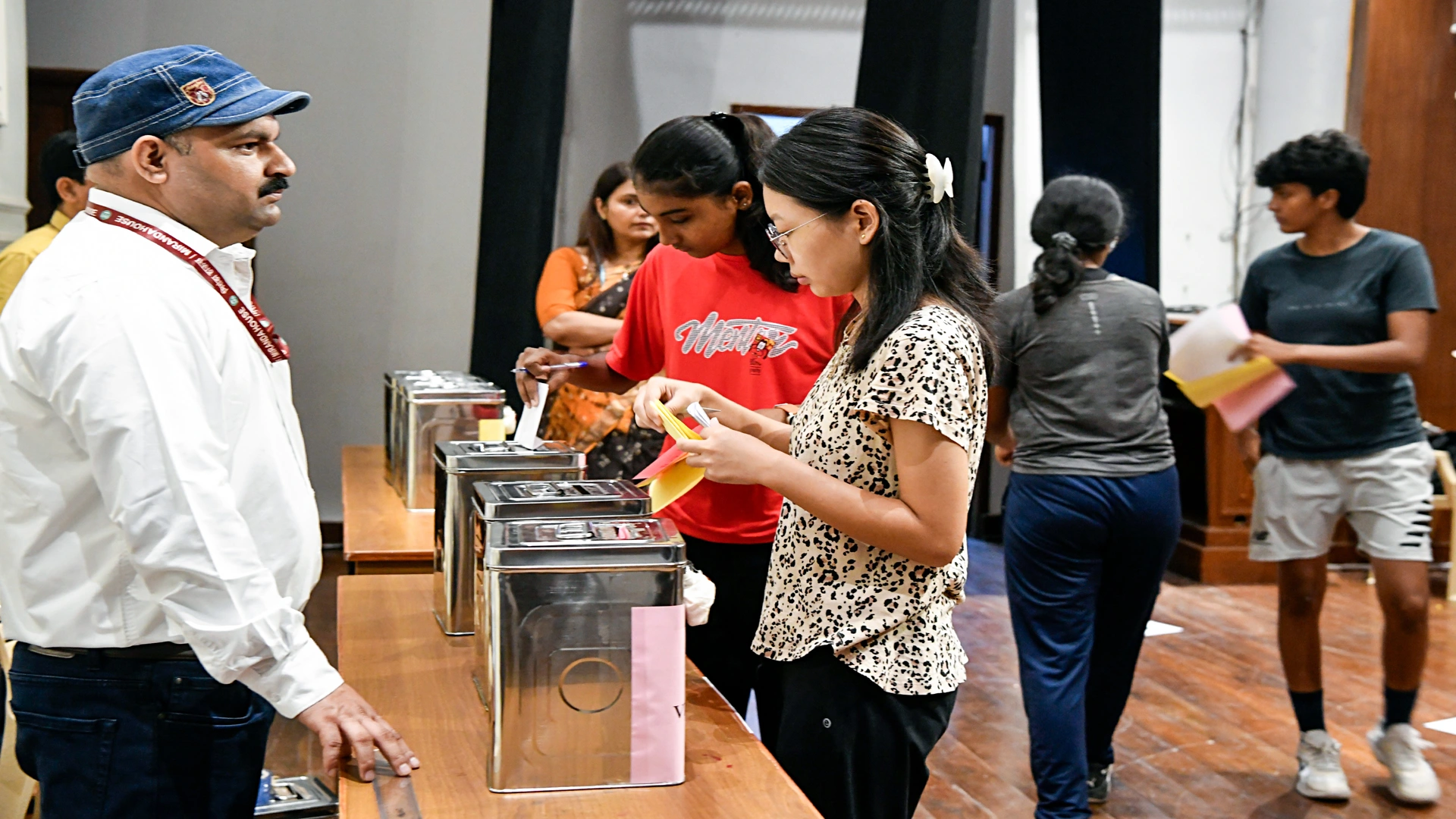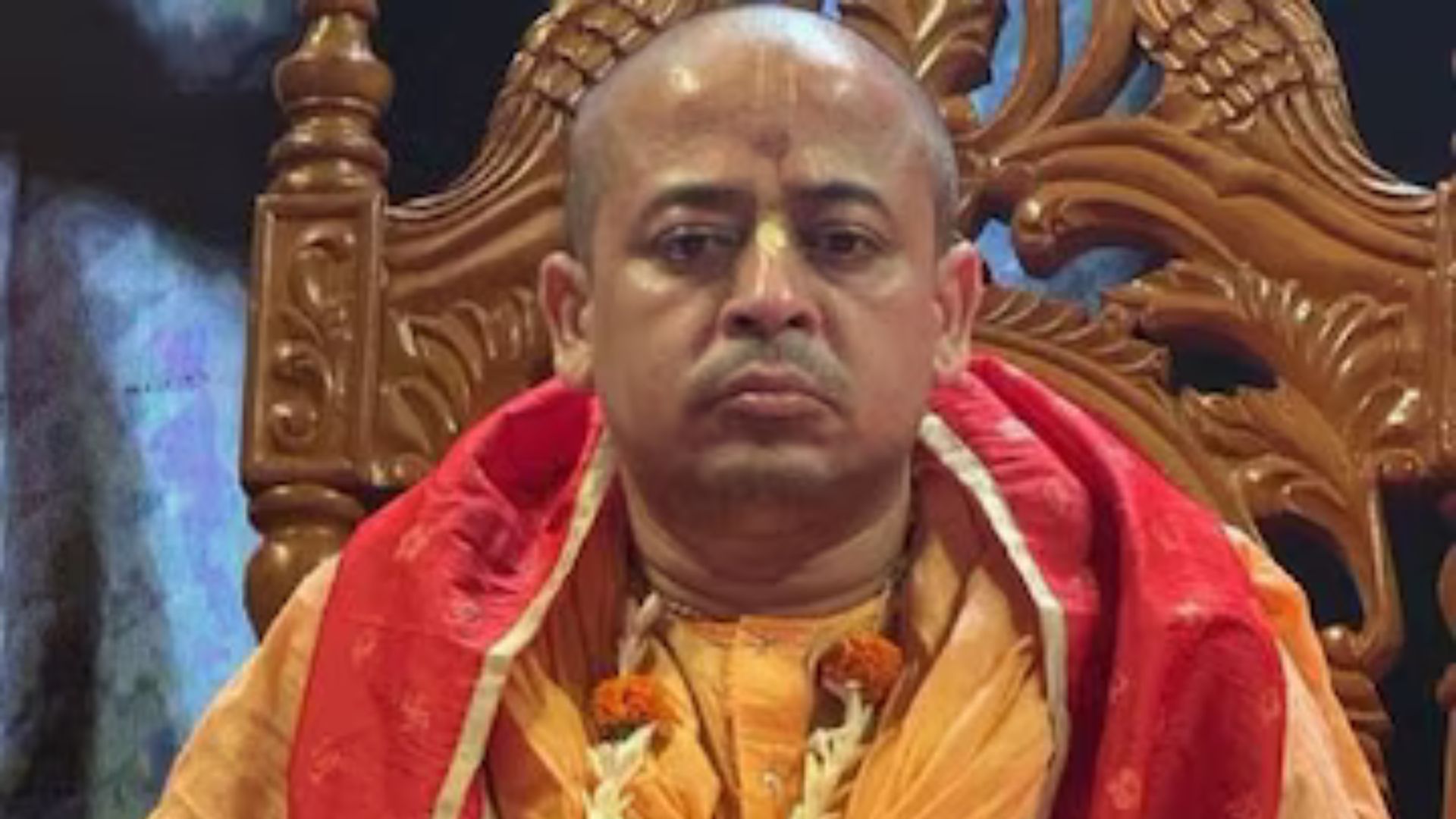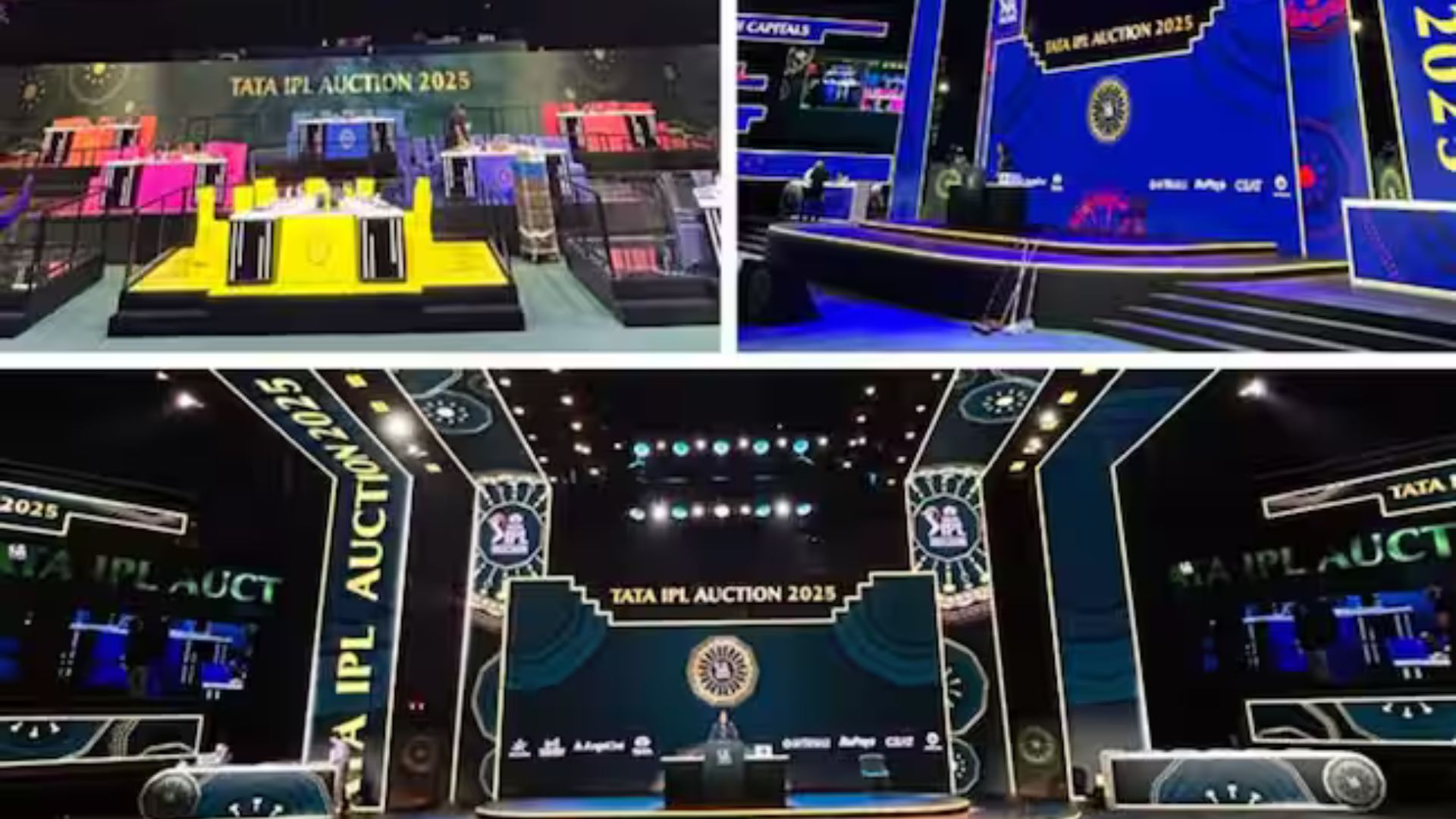
The Supreme Court on Thursday pronounced a split verdict in the Karnataka Hijab ban case. A bench of Justices Hemant Gupta and Sudhanshu Dhulia pronounced the judgement. Justice Hemant Gupta dismissed the petitions against the Hijab ban, while Justice Sudhanshu Dhulia allowed them.
One of the lawyers representing the petitioner said that the matter will be placed before the Chief Justice of India and he will decide whether a new bench will hear the matter or the matter gets referred to a larger bench.
Justice Hemant Gupta dismissed appeals challenging the Karnataka High Court’s order which had upheld the state government’s order to ban wearing Hijabs in educational institutions of the state
Justice Gupta said, “There is a divergence of opinion. In my order, I have framed 11 questions. First is whether the appeal should be referred to the Constitution Bench.”
Justice Sudhanshu Dhulia allowed the appeals and set aside the Karnataka High Court order. “It’s a matter of choice, nothing more nothing less,” Justice Dhulia said while pronouncing the order.
The apex court had earlier reserved its order on various petitions challenging Karnataka High Court upholding the ban on Hijab in educational institutes.
The arguments in the matter went on for 10 days in which 21 lawyers from the petitioners’ side and Solicitor General Tushar Mehta, Additional Solicitor General KM Nataraj, Karnataka Advocate General Prabhuling Navadgi argued for the respondents.
The court was hearing various pleas against Karnataka HC’s judgement upholding the Karnataka Government’s decision to direct educational institutes to prescribe uniforms in educational institutes.
Arguing against the Hijab ban, Justice Sudhanshu Dhulia stated, “by asking girls to take off Hijab before they enter school gates is an invasion on their privacy, then an attack on their dignity & ultimately a denial to them of secular education; violative of Article 19(1)(a), 21& 25(1).”
Under our Constitutional scheme, wearing a hijab should be simply a matter of Choice. It may or may not be a matter of essential religious practice, but it still is, a matter of conscience, belief, and expression. If she wants to wear Hijab, even inside her class room, she cannot be stopped, if it is worn as a matter of her choice, as it may be the only way her conservative family will permit her to go to school, and in those cases, her hijab is her ticket to education, Justice Dhulia, said.
Justice Hemant Gupta argued in favour of Hijab ban, saying that secularism is applicable to all citizens, therefore, permitting one religious community to wear their religious symbols would be antithesis to secularism. Thus, the Government Order cannot be said to be against the ethics of secularism or to the objective of the Karnataka Education Act, 1983.
The Government Order cannot be said to be contrary to the State goal of promoting literacy and education as mandated under the Constitution. The Government Order only ensures that the uniform prescribed is adhered to by the students and it cannot be said that State is restricting the access to education to the girl students through such an Order, Justice Hemant Gupta said
Justice Gupta also stated that the Government Order cannot be said to be contrary to the legitimate State goal of promoting literacy and education. Article 21A is not applicable as all the students are over 14 years of age. The students have a right to education under Article 21, but not of insisting on wearing something additional to the uniform, in a secular school, as a part of their religion.
The petitioners here questioned the validity of March 15 judgement of the Karnataka High Court, which upheld the ban. They contended the HC had wrongly relied upon essential religious practice test for the purpose.















